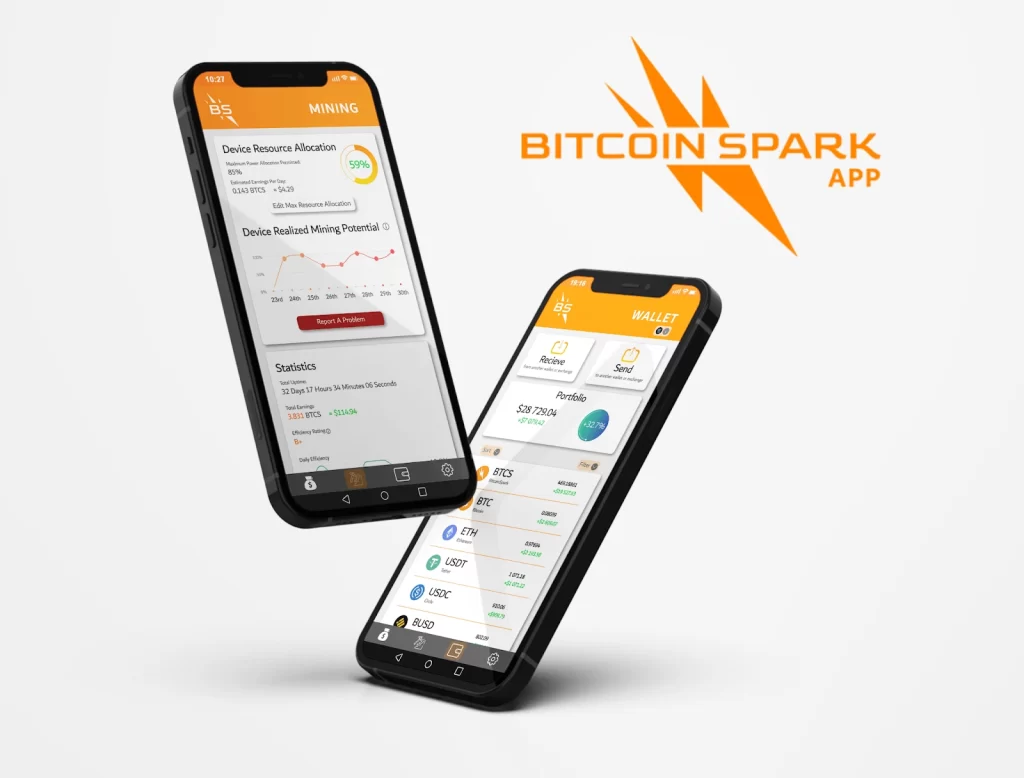Bitcoin recently reached a 17-month high, peaking at $36,000, and indications depict Bitcoin price surging beyond $45,000 in November. Despite this optimism, some traders feel that altcoins, including Ethereum, should have stronger momentum. The key level for Ethereum to regain momentum against Bitcoin remains at $1,800. Meanwhile, the cryptocurrency market is generating excitement, and analysts believe that Bitcoin Spark (BTCS) attracts large investments with the potential for significant altcoin growth.
Ethereum price
In the short term, traders and analysts are generally positive about Ethereum’s cycle. The launch of CME ETH futures has not spurred a sell-off, which is seen as a positive sign for the Ethereum price potential rally. The first day of trading for CME ETH futures saw over $30 million in volume, indicating strong institutional interest. If this interest continues to grow as it did for Bitcoin in late 2020, Ethereum price could experience a broader rally in the coming weeks.
A year after Ethereum transitioned to a proof-of-stake consensus algorithm, a notable milestone has been achieved with the introduction of the Holesky test network. This network enhances Ethereum’s testing capabilities, effectively doubling its size, and offers a more extensive environment for developers to test applications and address bugs without affecting the mainnet.
Bitcoin Spark (BTCS)
BTCS debuts a new blockchain technology with a vision to open up crypto processes to everyone regardless of processing power size or amount of staked resources. One of the gaps BTCS fills is the traditional crypto’s skewness toward centralization by allowing the endowed players to seize control of processes like mining.
Bitcoin Spark’s ICO is high-flying, currently in phase nine at $3.50, with a 5% bonus and projected ROI of 300%. The project will launch on November 30 at $10. BTCS has audited its systems, and ContractWolf findings depict a stable, transparent, and compliant infrastructure.
Ethereum staking vs Bitcoin Spark mining
Ethereum recently celebrated the first anniversary of the Ethereum Merge, which initiated Ethereum’s shift from a proof-of-work mining system to a proof-of-stake model. Staking plays a crucial role in the operation of cryptocurrency and blockchain networks.
Blockchain networks serve as the infrastructure for the movement of cryptocurrencies like Bitcoin, Ether, or Bitcoin Spark between different accounts. Under Bitcoin Spark mining, miners compete to secure blocks of transactions by solving complex mathematical equations. The miner who successfully solves the puzzle is rewarded based on a mix of stake and work done. Bitcoin Spark deploys a mixture of PoS and PoW through a Proof of Process mechanism. The rewards incentivize miners to act honestly and maintain the network’s integrity. If a miner tries to manipulate the system, they risk being expelled from the network and lose substantial rewards. BTCS operates via a Bitcoin Spark application, which moderates its mining activity to curtail control by wealthy individuals and calculates rewards in a nonlinear methodology to ensure inclusivity and accessibility. The PoP system also encourages able miners to contribute processing power for renting to those in need. BTCS mining is democratic and allows anyone to mine and earn rewards regardless of resources.


Proof-of-stake (PoS), like in BTCS mining, can be carried out on a smartphone, requiring very minimal computing power. PoS validators need to stake a certain number of tokens to become a validator and earn rewards under the network’s rules. For example, when Ethereum transitioned from PoW to PoS in 2022, it mandated a minimum stake of 32 ETH, and validators risk fines if they behave dishonestly. However, PoS has faced criticism for potentially concentrating power in the hands of the wealthiest participants, shifting the control of the blockchain network to the richest player in the room. Ethereum encountered a centralization debate when it switched to PoS in September 2022. It was revealed that a single entity, Lido DAO, controlled up to 30% of the network.
Learn more on BTCS and ICO:
Website: https://bitcoinspark.org/
Buy BTCS: https://network.bitcoinspark.org/register
Source: https://coinpedia.org/press-release/ethereum-struggling-against-bitcoin-while-bitcoin-spark-brings-large-investments/